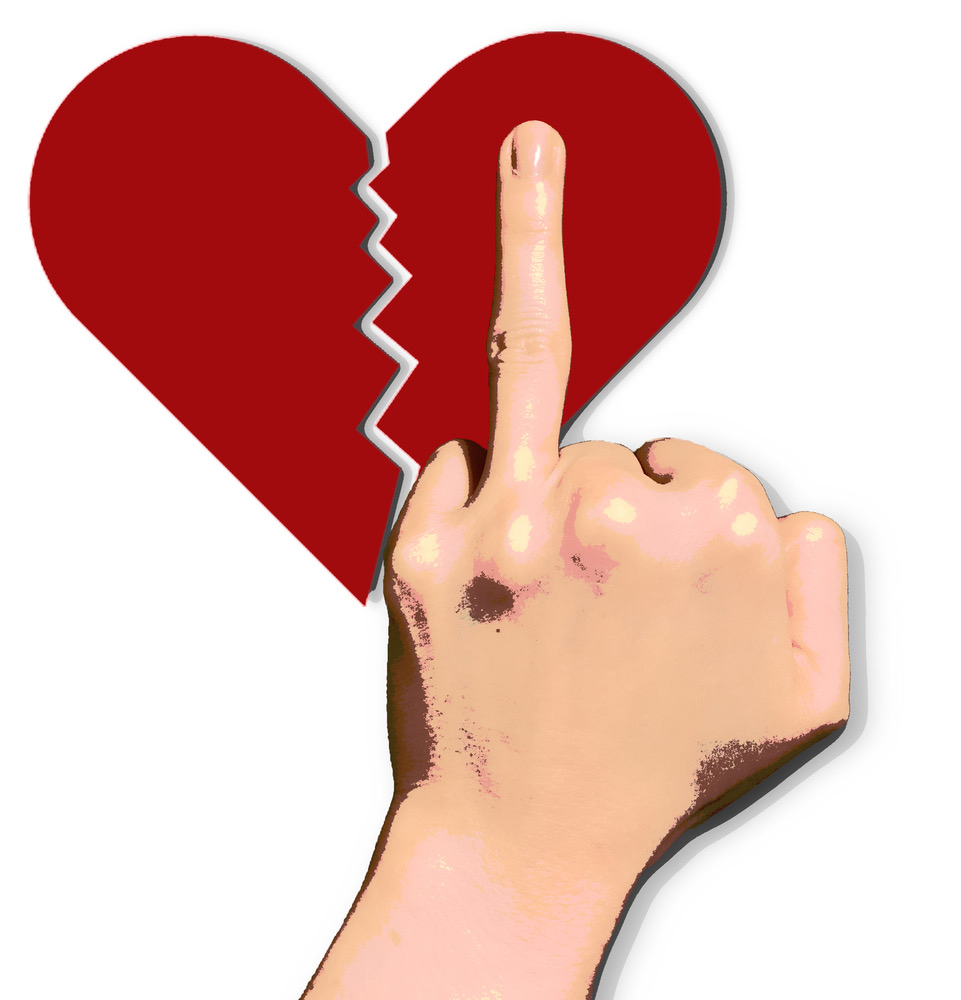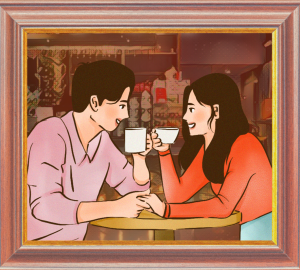Single-shaming is real, and it needs to stop
Is 'singlism' an unrecognized discrimination in America?
By Mackenzie Lachey

Ah, Valentine’s Day. A day devoted to the celebration of love, romance and relationships. It’s also the perfect reminder to all the singles out there just how incomplete and lonely their lives must be. I have no problem with a day devoted to all those madly in love with a significant other; a day to enjoy the choice two people made to spend their time in a romantic relationship. But just as it is a choice to enter into a relationship with another individual, it can also be a choice to remain single. I know this all makes logical sense. Of course one can choose to be single. Why then, is riding solo so often seen as a problem, a curse or otherwise grave misfortune that needs to be resolved?
The idea that we are incomplete without a significant other is ingrained in our culture. With romantic comedies and utterances of “you complete me,” ubiquitous dating apps, dinner specials for two and tax incentives for married couples, it’s no wonder being in a committed relationship seems to be the ultimate life goal.
Single-shaming runs rampant in our society. Just take a look at advertising and the media. You’d be hard-pressed to go through one day without being bombarded with messages that, in some way or another, try to convince you to find a romantic partner. But is there really anything wrong with being single? And what about being single and (insert gasp here) actually enjoying it?
Singlism is a largely unrecognized discrimination in America. In fact, it is built right into our laws. There are more than 1,000 federal laws that benefit and protect only those who are married. While we have made progress in reducing discrimination by beginning to legalize same-sex marriage, those who are single — whether they are gay, straight or any other status — will still face discrimination.
Being single is almost always treated as a circumstance or character flaw and rarely as a choice, and almost never a positive choice. So what is singlism anyway, and could you be an unknowing victim or perpetuator of it?
Social scientist, author and professor Dr. Bella DePaulo coined the term “singlism” in her book by the same name. Singlism is defined as “the stereotyping, stigmatizing and discrimination against people who are single.” These discriminations can be felt in domains such as religion, the workplace, politics, college and teaching, as well as research, the media, advertising and everyday life.
On my most recent trip home, I overheard my parents discussing my current relationship status. “So what is Mackenzie’s deal?” My father asked my mother. “Do you think she’ll ever get married?” Despite all the work I was doing in school and my professional goals, there still seemed to be an overwhelming concern placed on the importance of my relationship status.
During my undergraduate years, I was constantly reminded of all the happily married couples who met during college. When I didn’t meet “the one” in college, I was reminded of all the happily married couples who met in the workplace. Now, as a graduate student in her eligible prime, I have watched my friends and family say “I do,” and I have politely smiled at inquisitions regarding my relationship status and advice on why I can’t find “a nice boy.”
Why is being single such a problem? So often someone’s single status evokes feelings of concern over their character. Why would someone who is smart, put-together and otherwise a great catch not be in a relationship? It must, no doubt, be some sort of character flaw preventing her from successfully snatching a significant other.
Although both men and women experience social pressure to be coupled, women seem to get it worse. In general, men can still be bachelors much longer than women and remain “cool.” Single men in their thirties or older are sometimes glorified for “living the dream” of a bachelor lifestyle. They can pull off George Clooney vibes. I mean, who doesn’t want to be like George Clooney? But a woman who is in her thirties and still single is reduced to a crazy cat-lady, old maid or otherwise impossible-to-love ticking time bomb of hormones. Gradually, their married girlfriends become suspicious because singles are obviously spouse-stealing, desperate, sex maniacs. Single women are accused of being too picky, encouraged to lock down a mate while they “still have time,” and suffer the looks of pity when they show up without a date … again.
But the discrimination doesn’t end at the pitying looks of friends and family at weddings and other social events. Singlism is rampant in the workplace as well. Many companies are getting on board with the idea of work-life balance. But as it turns out, singles are viewed as having less of a life than their coupled counterparts, and often experience less flexibility in the workplace. If you’ve ever been asked to stay late because you are single and don’t have a family waiting for you to come home, you may have experienced discrimination for being single.
Perhaps you haven’t experienced blatant discrimination for being single, but you may have been a victim of the stereotyping that comes along with living a single life. Here is where men get the brunt of the blow. While bachelor men may have a cool vibe, they are also heavily stereotyped as wild, irresponsible, and commitment-fearing individuals who refuse to settle down. If you’ve ever been denied a lease on an apartment because the renters were looking for a family man, you might have been a victim of singlism. The renters really weren’t concerned about your marital status. Instead, they were preoccupied with the stigma associated with bachelors, and were wary of renting to an irresponsible party animal.
It’s time to end the myths and stereotypes surrounding single people. Not all single people are lonely, miserable individuals with low self-esteem, just like not all couples are gleefully and incandescently happy. This Valentine’s Day, it’s important to remember that singles would not necessarily be better off if they had someone. Although the discrimination faced by singles is not as ferocious as the destructiveness faced by targets of racism, heterosexism or any other of the better-known “isms,” singlism is often carried out without apology or even awareness. It’s time to be aware of our thoughts and actions towards singles. If you are single this Valentine’s Day, remember you are a complete human being all on your own and don’t need another person to dictate your happiness. And if you are a couple, remember we singles aren’t all unfortunate, pitiable, miserable and lonely people desperately searching for a mate.























